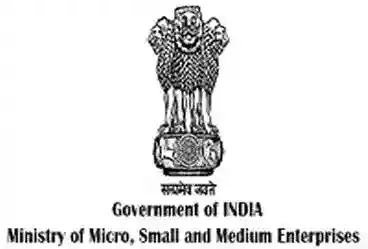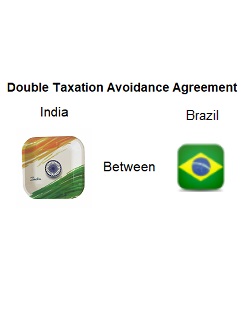Download Free Double Taxation Avoidance Agreement Template
Table of Contents
- What is Double Taxation Avoidance Agreement?
- What Conditions Should Be Included in a Double Taxation Avoidance Agreement?
- Download Free Double Taxation Avoidance Agreement Template
What is Double Taxation Avoidance Agreement?
A Double Taxation Avoidance Agreement (DTAA), also known as a tax treaty, is an agreement between two countries that is designed to prevent individuals and companies from being taxed twice on the same income. The purpose of a DTAA is to promote cross-border trade and investment by eliminating the potential for double taxation.
Under a DTAA, the two countries agree to divide up the right to tax certain types of income between them. For example, a DTAA may specify that income from dividends paid by a company located in one country to a resident of another country will be subject to tax only in the recipient's country of residence. This eliminates the potential for the same income to be taxed in both countries.
DTAAs typically cover a wide range of income, including business profits, dividends, interest, royalties, and capital gains. They also often include provisions for resolving disputes between the two countries and for exchanging information to prevent tax evasion.
DTAAs are important for companies and individuals that operate in multiple countries, as they can help to reduce the overall tax burden and simplify tax compliance. It is important to consult with a tax professional to determine how a DTAA may impact your tax situation.
What Conditions Should Be Included in a Double Taxation Avoidance Agreement?
A Double Taxation Avoidance Agreement (DTAA) typically includes a number of conditions that are designed to prevent individuals and companies from being taxed twice on the same income. Some of the key conditions that may be included in a DTAA are:
- Residence: The agreement should specify the criteria for determining whether an individual or company is considered a resident of one or both of the countries involved.
- Types of income: The agreement should identify the types of income that are subject to taxation in each country, such as business profits, dividends, interest, royalties, and capital gains.
- Tax rates: The agreement should specify the maximum tax rates that each country can apply to each type of income, in order to prevent excessive taxation.
- Tax credits: The agreement may allow for the use of tax credits to offset tax paid in one country against tax owed in the other country, in order to avoid double taxation.
- Exemptions: The agreement may provide for exemptions from tax for certain types of income, such as income from charitable activities or pensions.
- Limitations on benefits: The agreement may include limitations on the benefits of the agreement for residents of one or both countries, in order to prevent abuse of the agreement for tax avoidance purposes.
- Exchange of information: The agreement should provide for the exchange of information between the tax authorities of the two countries, in order to prevent tax evasion.
- Dispute resolution: The agreement may include provisions for resolving disputes between the two countries, such as through binding arbitration.
It is important to consult with a tax professional to determine how a DTAA may impact your tax situation, as the specific conditions of the agreement may vary depending on the countries involved.
Disclaimer
Stamp duty from different states is subject to change as per the state policies from year to year. Please check the official publications before making decision. Agreement are very technical and legal documents. You can make changes to Draft as per your requirement.
Download Free Double Taxation Avoidance Agreement Template
Success Stories & Reviews
Why Do Customers Love Us?

Registered by Govt. of India

Our website Security score A+

OnTime Service provides

5000+ Happy Customer, Healthy Business


Verified Customer Reviews
Trusted by
 |
 |
 |
 |
 |





©copyright 2025. e-startup. All Rights Reserved | This website belongs to a Consultancy Firm that providing consultancy service. We are clearly declare that we are independent consultants and do not represent or have any affiliation with any Government Official or any Government Department.












